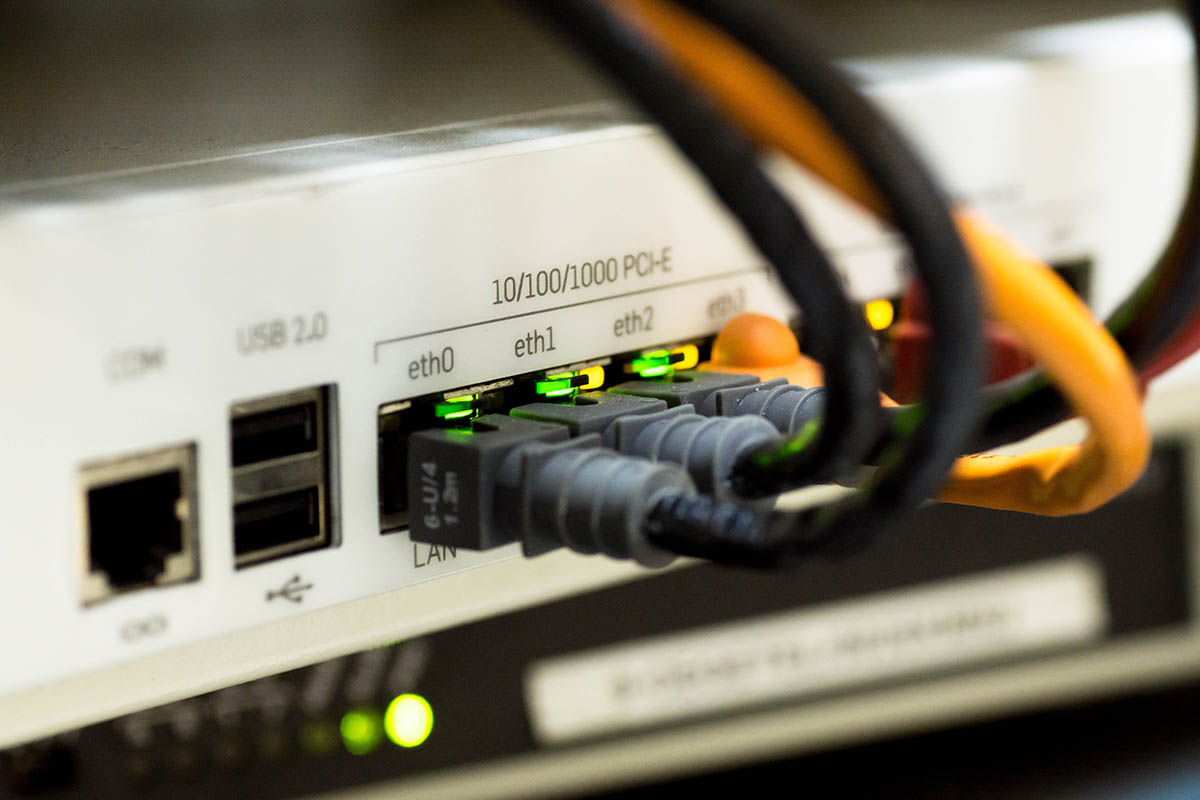Is It Time You Upgraded Your Machinery
Been using the same machinery for several years and not sure whether to upgrade? While the idea of new office computers or new construction machinery is likely to be appealing, you need to be sure that it’s worth the investment. Your current machinery may be old, but it could still be the most efficient and cost-effective option for your business. Alternatively, you could save a lot of money in the long run by upgrading.
By assessing your current machinery, you can work out whether an upgrade is due. Below are five signs that it’s time to upgrade your machinery.
Your machinery is broken and too expensive to repair
When machinery breaks, you have the choice to repair it or replace it. To determine which is the best option for you, consider the 50% rule: if repairs are more than half the cost of a replacement, it’s usually a better financial decision to replace.
When looking into the cost of repairs, shop around for quotes from repair technicians. Specialist machinery is likely to require a specialist technician to repair – and could be more expensive as a result. If you need a new part, such as a new butterfly valve, consider ordering this yourself rather than getting a technician to order it for you, as this could save you money. It would help if you also considered warranties and insurance schemes that may allow you access to cheaper repairs.
If, after looking into all of this, repairs still work out to be over half the cost of a replacement, you should then choose to upgrade. As with repairs, it’s worth shopping around for deals on new machinery – there may be times when it’s cheaper to upgrade your computers due to sales (January tends to be a great time for deals).
Your machinery is consuming a lot of energy
Machinery may also be worth upgrading if it is consuming a lot of energy. Machinery that is over 20 years old is certain to guzzle more energy than modern machinery – older machines weren’t built with energy-efficiency in mind, and many machines become less efficient as they get older.
If you’ve noticed a spike in energy bills, this could be a good reason to consider upgrading something more economical. Certain machinery that runs off diesel or petrol may also be switched to electric machinery to save costs (such as tractors and forklift trucks).
Your machinery is incompatible with modern software/hardware extensions
It could also be time to upgrade if you cannot use certain software or hardware with your current machinery. You may be unable to install modern software, or it may just perform incredibly slowly. In the case of hardware, your machinery may not recognize the piece of hardware, or there may be no way of physically connecting it due to lack of ports.
Some machinery may be able to be modified to be compatible with modern software or hardware. Recently, many manufacturing companies have been retrofitting old machines with modern IoT technology, allowing them to monitor machines that were once impossible to monitor digitally. When doing this, it’s worth weighing up the cost – as with making repairs, you could find that it’s cheaper to replace it than to retrofit it.
Your machinery isn’t fast or powerful enough for your needs
It’s possible to outgrow machinery. A saw machine that was previously suitable for your manufacturing company might no longer be fast or accurate enough to meet client demands – you may find that an automated die cutter is necessary for delivering faster batches, or you may find that a laser cutter is necessary for creating more intricate high-quality cuts.
Upgrading machinery could be a way of taking your business to the next level. You need to be certain that you’re ready to grow – if your current machinery can comfortably handle the demand, there may be no need to buy something faster and more powerful.
Your lease is ending, and you’re due an upgrade anyway
If you currently lease machinery such as computers or commercial kitchen machinery, you’ll likely have the option to upgrade once your lease ends. You may be able to continue paying a similar rate – but with newer equipment.
Lease companies tend to have 36-month terms. Check your lease to see when it runs out – and ask about what upgrades you’re likely to be eligible for within your current budget.




















